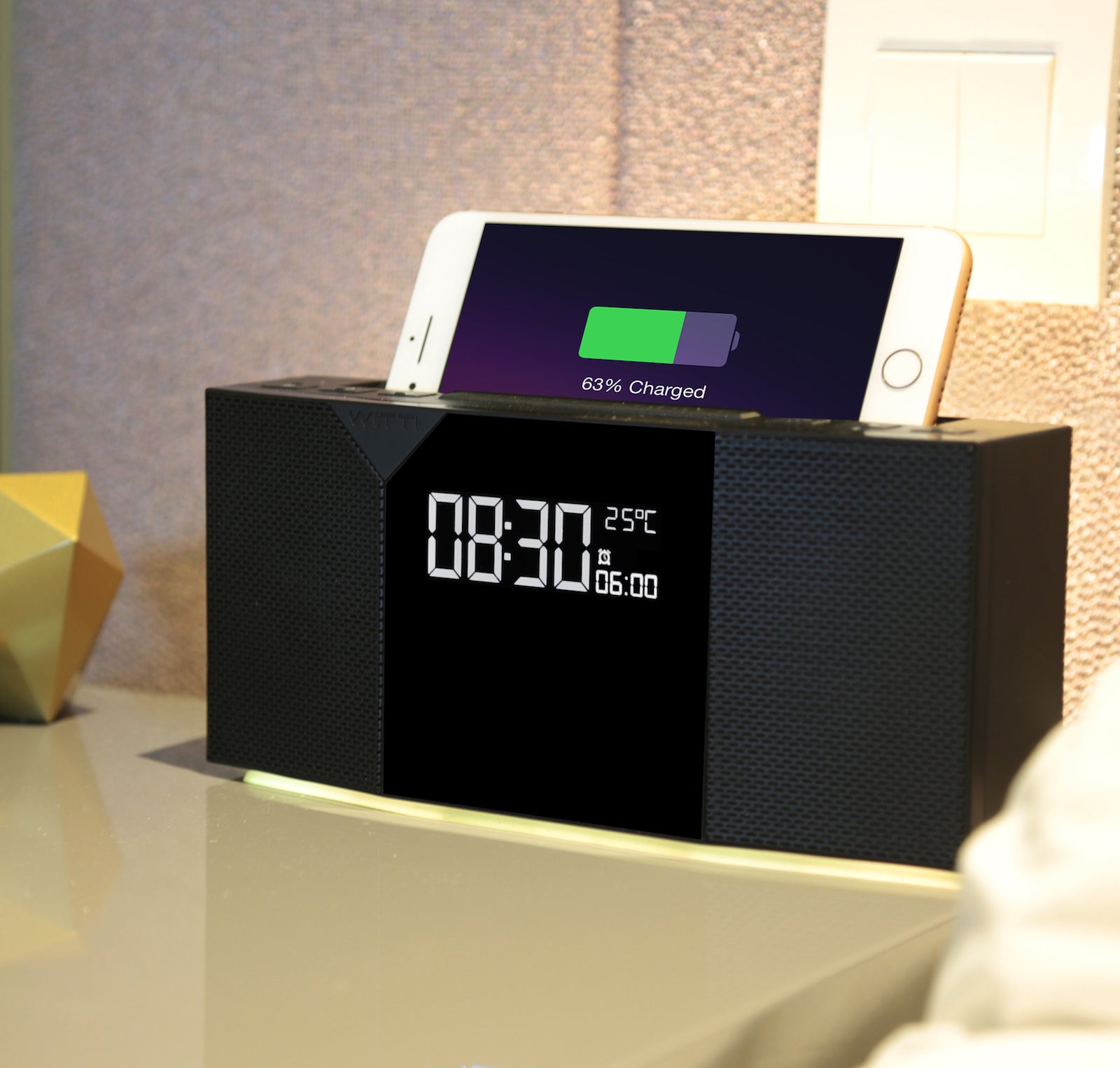The best part about a vacation from school is that you likely get to sleep when and for how long you want to. It’s a great opportunity for the body to recharge and take advantage of free time. But enjoying those lazy mornings and sleeping through the day for several weeks can also throw off your rhythm and make it harder to commit to a schedule when classes resume. And it’s not only important for students to maintain a healthy sleep schedule but also for parents who need to help get their kids ready in the morning.
Here are some tips to get you all set for the back-to-school shock…
- Start before the first day of school to ease everyone back into the routine of getting up early. Beginning one to two weeks before the semester starts, get up a little earlier each morning, until you reach the time when you’ll need to be up for school.
- Once you’ve reached a reasonable sleep and wake time, stick to it, even on weekends. Or try to limit sleeping in on the weekends to only an hour or two beyond your weekday schedule.
- Create a bedtime routine, both for you and your student. Start about an hour before it’s time for lights out, getting things done like packing books and laying out clothes for the next day, taking showers or baths, brushing teeth, and putting on pajamas. If you do the same thing each night before bed, the routine will start becoming a cue for everyone that it’s almost time for sleep.
- Listen to your body! When it’s tired, go to bed!
- Get the chores and homework done well before bedtime. Don’t leave anything until the last minute, as your student’s mind and yours need time to settle down before it’s time for “lights out”.
- Limit cell phone screen time. A good rule is that the phone does not stay in the room after bedtime. This will eliminate the temptation to send out one more text to a friend and watch a quick video that raises your adrenaline.
- Listen to white noises to filter out other sounds and create a running list in your head of what needs to be done tomorrow.
- Keep bedrooms cool and comfortable. The best temperature for sleep is between 60 and 68-degrees. And if it feels cold, a weighted blanket can also help calm the body
- Finally, don’t stay up late to cram in last minute studying for the next day’s exam. Studies have shown that the brain can’t retain as much information when it’s exhausted. Instead, study early, go to sleep as close to possible as your normal sleep time, and set the alarm earlier to allow enough time for a quick review in the morning when you’re refreshed.
← Older Post Newer Post →








